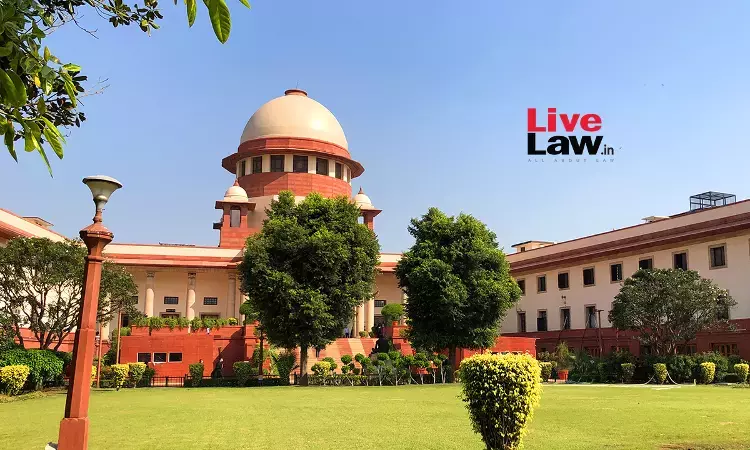'Enemy Property' Not Exempt From Municipal Taxes As It Is Not Vested With Union Govt : Supreme Court
Yash Mittal
24 Feb 2024 10:33 AM IST

Next Story
24 Feb 2024 10:33 AM IST
The Supreme Court held that the 'enemy property' vested in the possession of the Union Government-appointed 'custodian', as per the Enemy Property Act, 1968, cannot be considered a property of the Union Government to claim the exemption from the municipal taxes under Article 285 (1) of the Constitution of India.“Union of India cannot assume ownership of the enemy properties once the...
